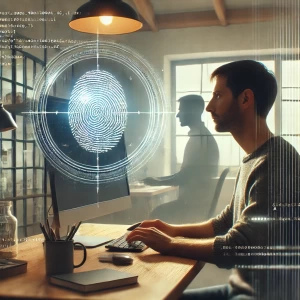 In my day job as a software engineer, one of the key concepts we use is authentication. We want to ensure that any user “is who they say they are,” and the process to do this is authentication. This is the same in real life when we throw around the phrase “I am being my authentic self.” We are always told to “accept ourselves for who we are” and we also want others to accept us. We want to “be authentic” and have that be ok — to ourselves, to our friends, to our partner, and to the world. But, is “who we are” really our “authentic self,” or is it just a character that has evolved from our surroundings, upbringing, and experiences? Is it possible that we need to change, and perhaps change in a big way to truly be our “authentic self” ??
In my day job as a software engineer, one of the key concepts we use is authentication. We want to ensure that any user “is who they say they are,” and the process to do this is authentication. This is the same in real life when we throw around the phrase “I am being my authentic self.” We are always told to “accept ourselves for who we are” and we also want others to accept us. We want to “be authentic” and have that be ok — to ourselves, to our friends, to our partner, and to the world. But, is “who we are” really our “authentic self,” or is it just a character that has evolved from our surroundings, upbringing, and experiences? Is it possible that we need to change, and perhaps change in a big way to truly be our “authentic self” ??
We are what we agree to be
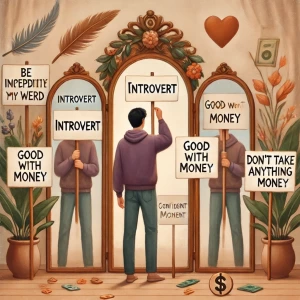 One of the key points of “The Four Agreements” by Miguel Ruiz is the idea that the “self” is simply a construct of the agreements we made with ourself. If we have agreed to be an introvert, we can simply relax in the solace of being awkward at a social gathering because we have labeled ourself as an introvert. If we have agreed that we are not good at managing money, it makes it a easier to go broke and not question it. Any number of traits or behaviors we label as immutable are actually in most cases very much able to be changed! It is simply an agreement we made with ourself to be that way, and we can make a new agreement to change it. If you are 100% good with those agreements, and you follow the four agreements (especially “always do your best” and “don’t make assumptions”, not to mention “be impeccable with your word” and “don’t take anything personally”), then you may be living your authentic self. But, I’d bet that, like me, if you really look at it, this is not always the case.
One of the key points of “The Four Agreements” by Miguel Ruiz is the idea that the “self” is simply a construct of the agreements we made with ourself. If we have agreed to be an introvert, we can simply relax in the solace of being awkward at a social gathering because we have labeled ourself as an introvert. If we have agreed that we are not good at managing money, it makes it a easier to go broke and not question it. Any number of traits or behaviors we label as immutable are actually in most cases very much able to be changed! It is simply an agreement we made with ourself to be that way, and we can make a new agreement to change it. If you are 100% good with those agreements, and you follow the four agreements (especially “always do your best” and “don’t make assumptions”, not to mention “be impeccable with your word” and “don’t take anything personally”), then you may be living your authentic self. But, I’d bet that, like me, if you really look at it, this is not always the case.
Nature Versus Nurture
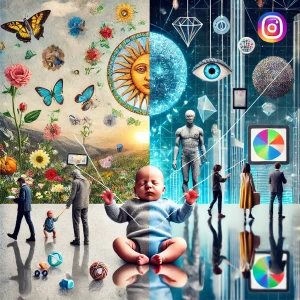 The age old debate of whether our personal traits are the result of our genes, DNA, and soul versus our upbringing and experiences can never be truly known because the only time nurture is not a factor is at birth. When we enter this world, we are our authentic self, pure and innocent. We are untainted by the experiences on the physical plane, by our parents, by our friends, by our education, and all the other things that shift and shape how we then turn around and engage with the world. So, if we are always a product of our experiences, we cannot be our “authentic self” unless we are taking extreme measures to control how these experiences shape us. Without a regular practice to “look at our stuff,” or “check yourself,” we are simply a product of society, programmed by our environment. In this state, what we think is our “authentic self” becomes an NPC running a program–but convinced it is sentient and authentic.
The age old debate of whether our personal traits are the result of our genes, DNA, and soul versus our upbringing and experiences can never be truly known because the only time nurture is not a factor is at birth. When we enter this world, we are our authentic self, pure and innocent. We are untainted by the experiences on the physical plane, by our parents, by our friends, by our education, and all the other things that shift and shape how we then turn around and engage with the world. So, if we are always a product of our experiences, we cannot be our “authentic self” unless we are taking extreme measures to control how these experiences shape us. Without a regular practice to “look at our stuff,” or “check yourself,” we are simply a product of society, programmed by our environment. In this state, what we think is our “authentic self” becomes an NPC running a program–but convinced it is sentient and authentic.
Are you creating an excuse not to change?
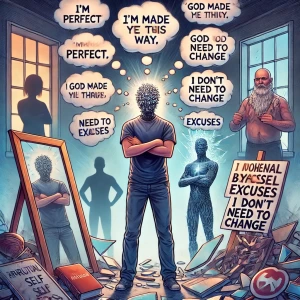 The easiest way to misuse the phrase “I’m just being my authentic self” is by someone who is unwilling to change. It may very well be that they don’t need to change because they’ve reached enlightenment, but more often than not, it’s just an excuse not to “look at their stuff.” Oh, you don’t accept me for who I am? Well, I am what I am and I can’t change that! I don’t need to change because I’m already perfect, like everyone! God made me this way… It is all lies that we tell ourselves so we don’t have to do the work. This line of thinking is a product of spiritual bypassing, and it is preached by new age movements, self help gurus, life coaches, and people who want to convince you that you don’t need to change; you just need to accept yourself for “who you are.” The only problem here is that if you aren’t what you want to be or what you need to be, then you might not even know that you can change it, because you’ve already accepted the straw-man that you built. Worse, you have given this straw-man permission to authenticate as you.
The easiest way to misuse the phrase “I’m just being my authentic self” is by someone who is unwilling to change. It may very well be that they don’t need to change because they’ve reached enlightenment, but more often than not, it’s just an excuse not to “look at their stuff.” Oh, you don’t accept me for who I am? Well, I am what I am and I can’t change that! I don’t need to change because I’m already perfect, like everyone! God made me this way… It is all lies that we tell ourselves so we don’t have to do the work. This line of thinking is a product of spiritual bypassing, and it is preached by new age movements, self help gurus, life coaches, and people who want to convince you that you don’t need to change; you just need to accept yourself for “who you are.” The only problem here is that if you aren’t what you want to be or what you need to be, then you might not even know that you can change it, because you’ve already accepted the straw-man that you built. Worse, you have given this straw-man permission to authenticate as you.
Are you seeking an excuse for the past?
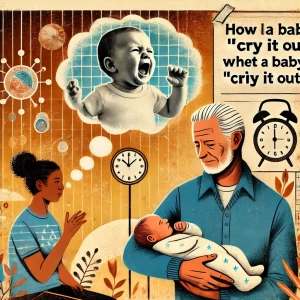 Often, we may have unacknowledged pain or regret for our past. Sometimes, we might not fully process things that have happened to us, but instead, these experiences become integrated into our personality. Then, we give these things permission to propagate, simply because we cannot accept the fact that perhaps we should have questioned or stood up to our past. For example, I know that many boomers were given the terrible advice to let a baby “cry it out.” Despite the fact that their authentic self was sad when they let their baby cry without support back in the 70s and 80s, they may have no problem giving this unsolicited advice to new parents. Instead of acknowledging their pain and the possibility that they may have caused harm to their child, it becomes simpler to pass along bad advice to the next generation as a way to justify their own actions. They may tell a mom “you are spoiling the baby” when she co-sleeps and the father “you are being a slave” when he absorbs all the chores. These parents are doing selfless acts for their family, but the grandparents grew up in a house where the father was emotionally detached and the mother felt her only option was to neglect the baby to make ends meet, whether it be financially, emotionally, or logistically in the household. Instead of looking at the issues of our past, we might just move along and say “everything turned out ok” and subsequently (and unconsciously) pass this on, all because we didn’t authenticate (check yo self!).
Often, we may have unacknowledged pain or regret for our past. Sometimes, we might not fully process things that have happened to us, but instead, these experiences become integrated into our personality. Then, we give these things permission to propagate, simply because we cannot accept the fact that perhaps we should have questioned or stood up to our past. For example, I know that many boomers were given the terrible advice to let a baby “cry it out.” Despite the fact that their authentic self was sad when they let their baby cry without support back in the 70s and 80s, they may have no problem giving this unsolicited advice to new parents. Instead of acknowledging their pain and the possibility that they may have caused harm to their child, it becomes simpler to pass along bad advice to the next generation as a way to justify their own actions. They may tell a mom “you are spoiling the baby” when she co-sleeps and the father “you are being a slave” when he absorbs all the chores. These parents are doing selfless acts for their family, but the grandparents grew up in a house where the father was emotionally detached and the mother felt her only option was to neglect the baby to make ends meet, whether it be financially, emotionally, or logistically in the household. Instead of looking at the issues of our past, we might just move along and say “everything turned out ok” and subsequently (and unconsciously) pass this on, all because we didn’t authenticate (check yo self!).
Can you admit when you are wrong?
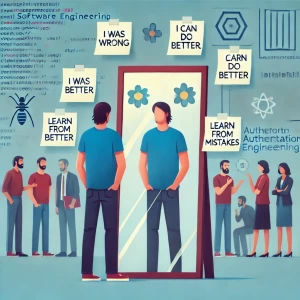 The first step to being authentic is to admit that we are not perfect. And, not in a “I’m not perfect and that’s ok so i don’t need to change” kind of way but more of an “I’m not perfect; I mess up, but I’d like to do better” kind of way. If every time you are called out, the first thing you think of is how you were not wrong and why you did what you did made absolute sense and there’s no issue, then you are not taking the time to authenticate. People who tell you that you wronged them may not always be fairly accusing you, but without taking the time to genuinely look at things from another perspective, you are not being authentic. In software engineering, authentication is a process where someone checks their identity against agreements of the system in which they are trying to access. The same goes for social interactions and constructs of our own systems, social circles, families, and loved ones. Are you really “looking at your stuff” to be you who say you are, or are you bypassing because you can’t admit you might be wrong?
The first step to being authentic is to admit that we are not perfect. And, not in a “I’m not perfect and that’s ok so i don’t need to change” kind of way but more of an “I’m not perfect; I mess up, but I’d like to do better” kind of way. If every time you are called out, the first thing you think of is how you were not wrong and why you did what you did made absolute sense and there’s no issue, then you are not taking the time to authenticate. People who tell you that you wronged them may not always be fairly accusing you, but without taking the time to genuinely look at things from another perspective, you are not being authentic. In software engineering, authentication is a process where someone checks their identity against agreements of the system in which they are trying to access. The same goes for social interactions and constructs of our own systems, social circles, families, and loved ones. Are you really “looking at your stuff” to be you who say you are, or are you bypassing because you can’t admit you might be wrong?
Are you willing to authenticate yourself?
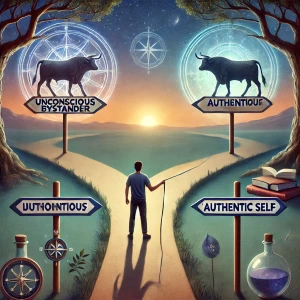 Being your authentic self is a process, not a destination. It is absurd to think we are complete and immutable. We are always changing in one way or another because we are constantly having new experiences that shape our existence. We have choices. We can choose to be unconscious bystanders, shaped by our programming, or we can take the bull by the horns, make a constant decision to “check ourself,” and be in charge of what is our authentic self. I understand that we cannot always expect others to do the same, which is why we often need to either accept them for who they are or move on, but in the case of ourselves, we have full control to create the “authentic self” that we want to bring to this world!
Being your authentic self is a process, not a destination. It is absurd to think we are complete and immutable. We are always changing in one way or another because we are constantly having new experiences that shape our existence. We have choices. We can choose to be unconscious bystanders, shaped by our programming, or we can take the bull by the horns, make a constant decision to “check ourself,” and be in charge of what is our authentic self. I understand that we cannot always expect others to do the same, which is why we often need to either accept them for who they are or move on, but in the case of ourselves, we have full control to create the “authentic self” that we want to bring to this world!


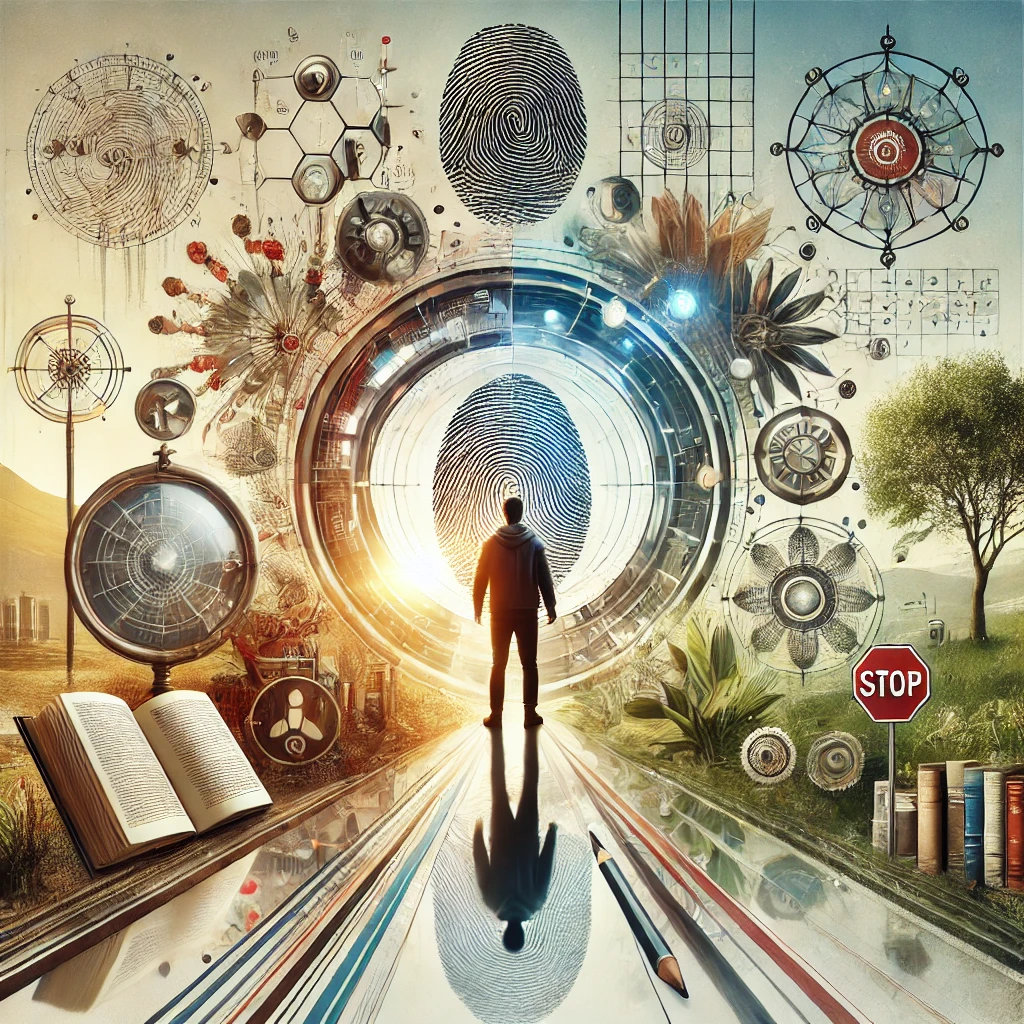

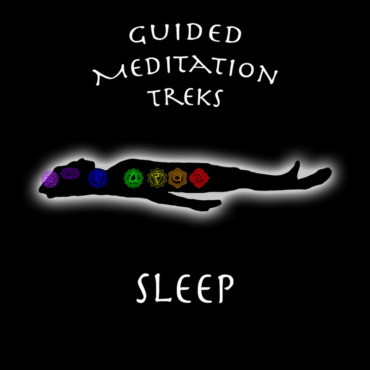

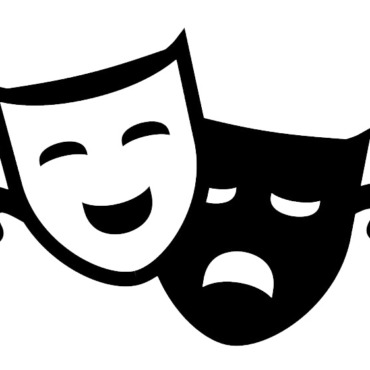

2 Comments
Diane
says:Was confused on the meaning of authentic self and real self…If authentic self only takes place when we are born, I don’t want to go back being unconscious…real and authentic are ever changing with life experiences. The definition is the same according to the dictionary
mediadmin
says:I might define the true self and the authentic self as synonyms. Indeed, life experiences shape them, but this is filtered through your consicousness. It makes sense that you would not want to go back to being in infant, but the point is that nobody could make an argument that you were anything but authentic at that point.